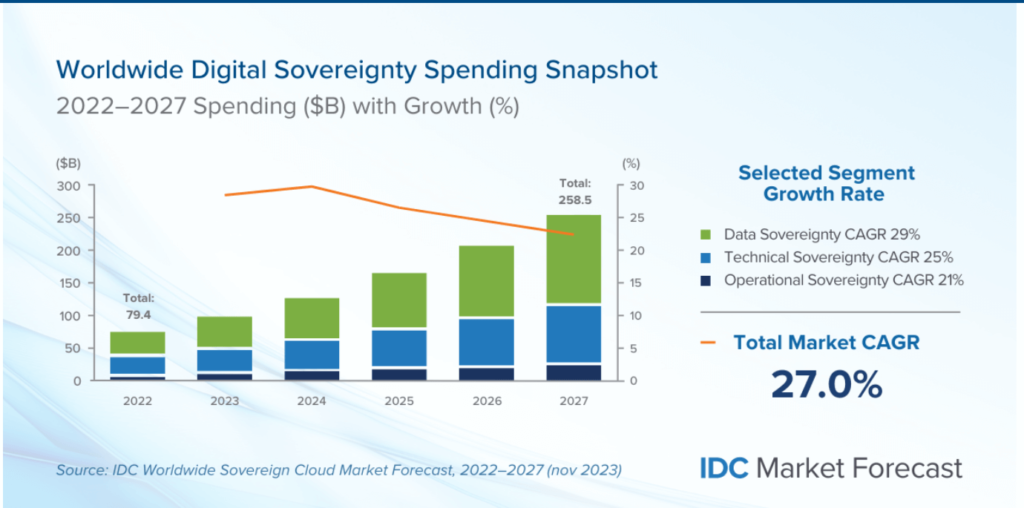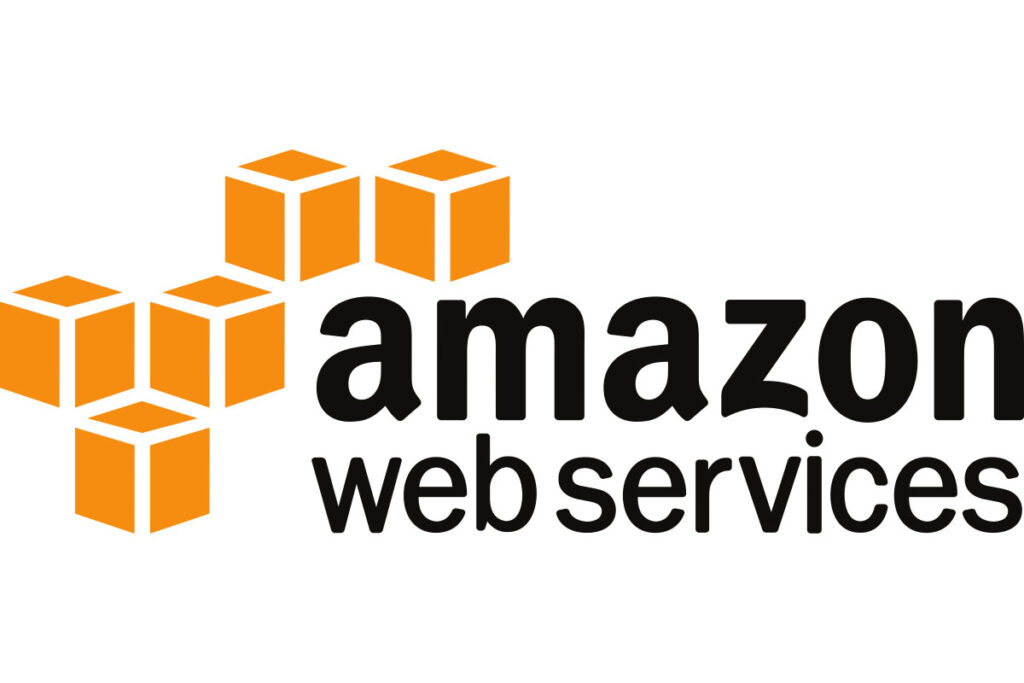Global spending on sovereign cloud solutions is projected to reach $258.5 billion by 2027, according to new research from International Data Corporation (IDC).

Cloud computing is the provision of IT resources on-demand via the Internet with a pay-as-you-go pricing model. Instead of investing in and maintaining physical data centers and servers, organizations can access services like compute power, storage, and databases as needed from cloud providers such as Amazon AWS, Microsoft Azure, and Google Cloud.
Advantages of Cloud Computing
Cloud computing offers significant benefits over traditional on-premises IT setups, where companies own and manage physical data centers and servers to access essential computing resources. Here are some of the key advantages:
Cost Efficiency
Cloud computing reduces the costs and labor associated with purchasing, setting up, and maintaining physical IT infrastructure. Organizations pay only for the cloud infrastructure and computing resources they use, eliminating upfront capital expenditures.Speed and Flexibility
Cloud services enable organizations to deploy enterprise applications in minutes, bypassing the lengthy delays typically associated with traditional IT procurement, hardware setup, and software installation. This rapid deployment capability particularly benefits DevOps and development teams, enhancing their ability to utilize cloud-based applications and infrastructure efficiently.Scalability
The scalable nature of cloud computing allows organizations to adjust their resource usage based on demand fluctuations—scaling up during peak times and down during slower periods without the need for significant capital investment in unused capacity. Additionally, leveraging a cloud provider’s global network can position applications closer to users around the world, optimizing performance.Strategic Value
Cloud computing enables organizations to leverage cutting-edge technologies and innovations to stay competitive. For example, customer-facing sectors like retail and banking can use generative AI-driven virtual assistants hosted in the cloud to improve customer interaction times and allow human teams to focus on more strategic tasks. In manufacturing, cloud-based tools facilitate real-time data monitoring and collaboration across logistics and supply chain operations.We can help you come up with the most effective cloud adoption strategy that will best suit your organization and your IT roadmap ahead. Contact us for requirements in the areas of logistics, tracking and tracing, marking, identification and data acquisition. We do support Customizations of existing products or online services.
Our Partners



